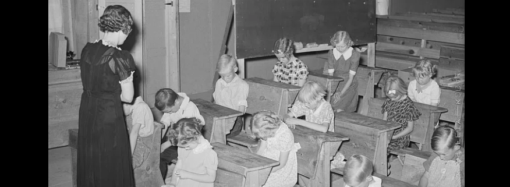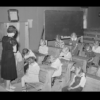According to an ancient maxim, change is the only constant.
That idea is somewhat behind Rally Health executive Tom Perrault’s article in today’s Harvard Business Review. In the title he contends that “Digital Companies Need More Liberal Arts Majors.”
Most digital companies today limit their hiring to those who have degrees or experience in a tech field. But according to Perrault, that’s indicative of only short-term thinking:
“What companies forget is that this won’t be true forever. In fact, it won’t be long before these very skills become commoditized. In the future, computers will take over more and more of these tasks, including programming and data crunching. The things that are foundational to a company’s success today will be replaced and automated by a machine tomorrow…
What can’t be replaced in any organization imaginable in the future is precisely what seems overlooked today: liberal arts skills.”?
Perrault then goes on to name four valuable skills that liberal arts majors can contribute to tech companies:
1) Creativity.
“Creative thinkers will help companies create an easy-to-use, non-intimidating product that everyone can access. Simplicity is hard. If it were easy, anyone could and would do it. But only people with specialized creative skills—honed from years of thinking, reading, writing, and creating—have the talent of making the complex simple and the difficult accessible.”
2) Empathy.
“[Empathy] is the core of a creative’s passion… [F]or a business to be successful, knowing how its customers think and feel is everything. You can’t outsource that to a computer. You need to hire for it.”
3) Listening.
“[L]istening… is exactly what liberal arts majors have been prepared to do. It’s through listening that you make sense of the world. Knowledge workers who are able to truly hear and understand what is being said—and, equally important, what is not being said—will have a powerful impact on their organizations.”
4) Vision.
“The ability to understand the world through different lenses and turn competing or disparate viewpoints into a compelling narrative is an art, not a science. It requires an intuitive understanding of the world that comes from a deep immersion in the liberal arts.”
As philosopher Roger Scruton paradoxically pointed out, “Nothing is more useful than the useless.” Perhaps those “useless” liberal arts degrees can be useful after all?
















Leave a Comment
Your email address will not be published. Required fields are marked with *